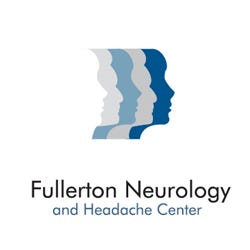Is it possible? You can’t eliminate costly clinical trials but you might be able to avoid drug development costs, now that the amyloid theory is circling the drain. The trick is to re-purpose existing drugs, but it’s not easy.
The Alzheimer’s research landscape is littered with massive industry-sponsored phase 3 clinical trials undertaken without prior proof of concept, efficacy evidence or despite negative phase 2 studies. Examples include secretase inhibitors, amyloid-beta antibodies and “small molecules” such as methylene blue.
Add to this heap minocycline, an old, cheap, antibiotic (think acne). A recently completed phase 3 trial failed to show benefit. It can be faulted because it skipped phase 2 but there was preclinical evidence. Nevertheless, it previously failed in trials of MS, ALS, Huntington’s, and schizophrenia. It was, however, pragmatic — not industry-sponsored, with eligibility based on clinical features, not expensive biomarkers.
Ongoing is an expensive phase 3 trial of another repurposed drug, Rybelsus (semaglutide), widely used to treat diabetes (full disclosure — we are a site in the study). Many other drugs with evidence to support use in Alzheimer’s include anti-virals, anti-hypertensives, anti-epileptics, and psychotropic drugs.
Cost-efficient research is possible.
Adapted from the Editorial by Schneider in JAMA Neurology, February 2020.
For more information, please visit our Center’s Website.



Leave a Reply